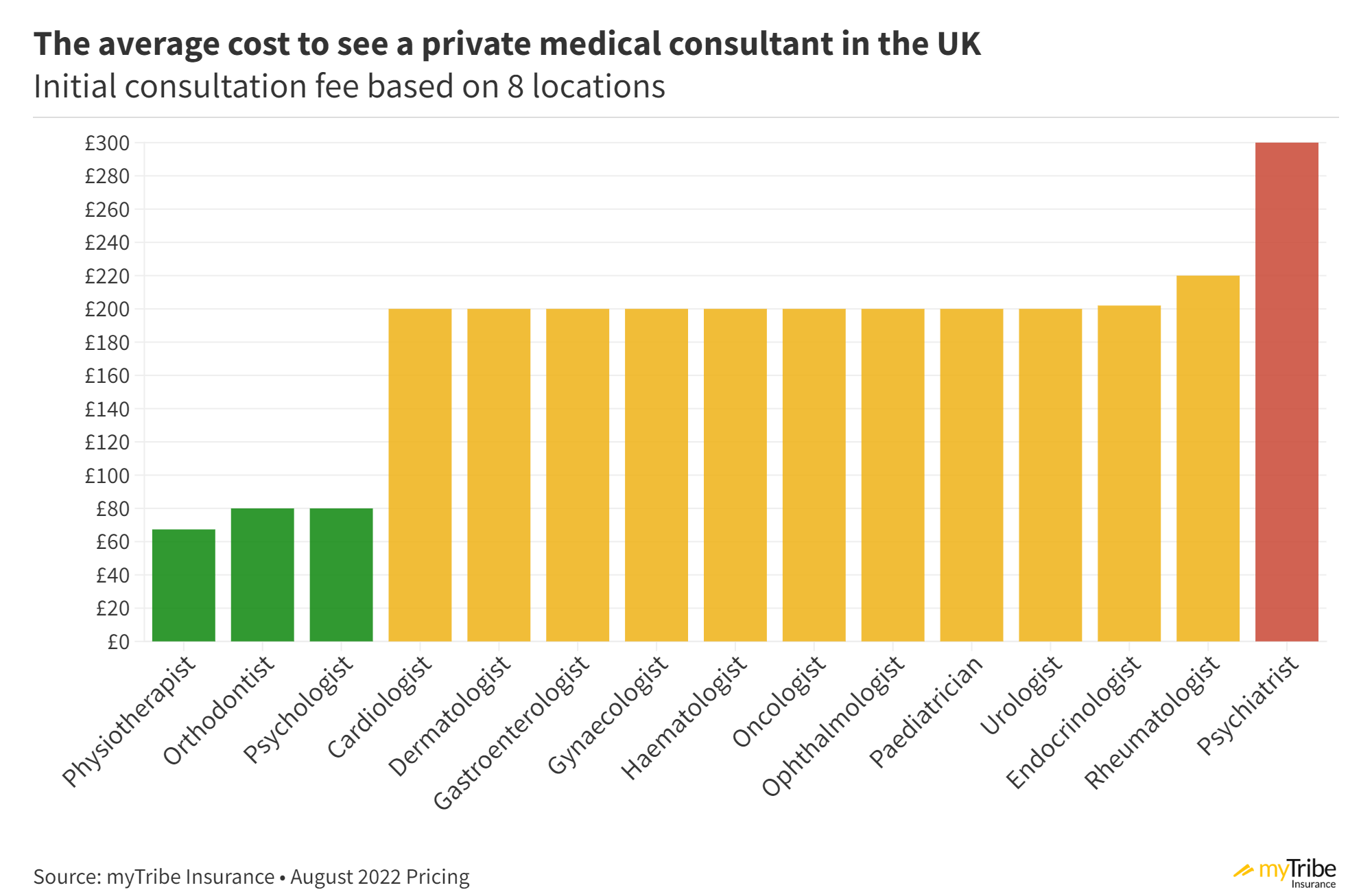Addiction is a devastating condition that is beyond the control of those who suffer from it. This is true of any behavioural addiction like gambling, binge-eating, or video games.
Alcohol addiction, however, is a different story entirely. Those who become addicted to alcohol not only put themselves but others at risk. Alcoholism does not present itself on its own but is often co-morbid with other mental health conditions. Recent studies have found that as many as 96 percent of individuals seeking treatment for substance abuse reported experiencing some major traumatic event in their lifetime.
That said, not all is hopeless even if you’re an alcoholic. With enough time and effort, it’s possible for alcoholics to detox from alcohol and turn their lives around. However, doing so alone can be dangerous, as detoxing from alcohol requires proper planning to avoid unpleasant withdrawal effects such as seizures.
That’s why a proper rehab facility is a must-have when it comes to treating alcoholism. The process of alcohol rehab can be broken down into three stages. These stages are summarized below as follows:
1. Admissions
The first step of entering an alcohol rehab programme is the admissions process. Before you check into a facility, you’ll need to provide your complete case history. It’s important to fully establish the extent of your alcoholism before you begin treatment, otherwise, the rehab staff may not be able to help you to the best of their abilities.
Next up, you’ll need to undergo a complete medical examination. The medical exam will help you pre-screen for medical conditions that may hinder your recovery process. A proper rehab centre should also include a built-in medical facility for proper medical screening.
As each individual coming to rehab presents with a different case, the admissions process can make or break the treatment programme as a whole. With the proper admissions process in place, rehab can help you or your loved one seeking treatment find a customized treatment programme that best suits their needs.
2. Detox (Medically Assisted If Required)
Once you or your loved ones have undergone admissions at a rehab centre, the next step is to properly detox from alcohol itself. In moderate to severe cases of alcohol addiction, medical intervention may also be required.
The detox process is the first initial step towards sobriety, and while it may seem daunting it is highly supervised by trained medical health professionals.
Alcohol is a Central-Nervous-System (CNS) depressive drug. It acts on the GABA receptors in the brain, dampening brain activity and decreasing the drinker’s overall inhibitions. Long-term use can degrade these receptors over time and cause brain damage.
As such, detoxing from alcohol can cause hyperactive neural pathways which present as anxiety, nausea, fatigue, and hallucinations. The symptoms of detox start 6 hours after use, and withdrawal symptoms show up 24 to 48 hours thereafter.
3. Rehab Therapy
This is where the real work happens. Detoxing from alcohol is only half the battle. Without the proper therapeutic intervention to prevent relapse, you risk falling back into alcoholism straight away once you’re out.
Clients are offered individual therapy and group counselling. It is led by an addiction specialist that focuses on uprooting the deep underlying issues that lead to uncontrolled use of alcohol.
Rehabilitation is where you break free from the shackles of dependence. It uncovers deep-rooted psychological issues that therapy can help address. Environmental, social and personal triggers are identified and dealt with so that the client does not slide back into the destructive cycle.
The individuation of therapeutic approaches is especially important in this step; what works for some may not work for others. That’s why it’s important to try the treatment options best suited for you rather than go for the most popular option.
A combination of therapy options can also be successful rather than just relying on a single treatment option.
Some therapy options for alcoholism include:
- Psychotherapy
- Music therapy
- Yoga
- Meditation
- Acupuncture
- Cognitive Behavioural Therapy (CBT)
- Dialectical Behavioural Therapy (DBT)
The ultimate and long-term goal of therapy is to mend the underlying behaviours, perceptions, beliefs, and thought processes that eventually led to a slippery slide of substance abuse.
Summary
Although alcohol addiction may present as a challenging condition, it doesn’t have to be. Remember that with the proper support and care, it’s possible for you or your loved ones to recover from even the worst cases of alcoholism.
If you or your loved one is suffering from alcohol addiction, contact a rehab facility or a hotline to consult on the best course of action for treatment and recovery.







